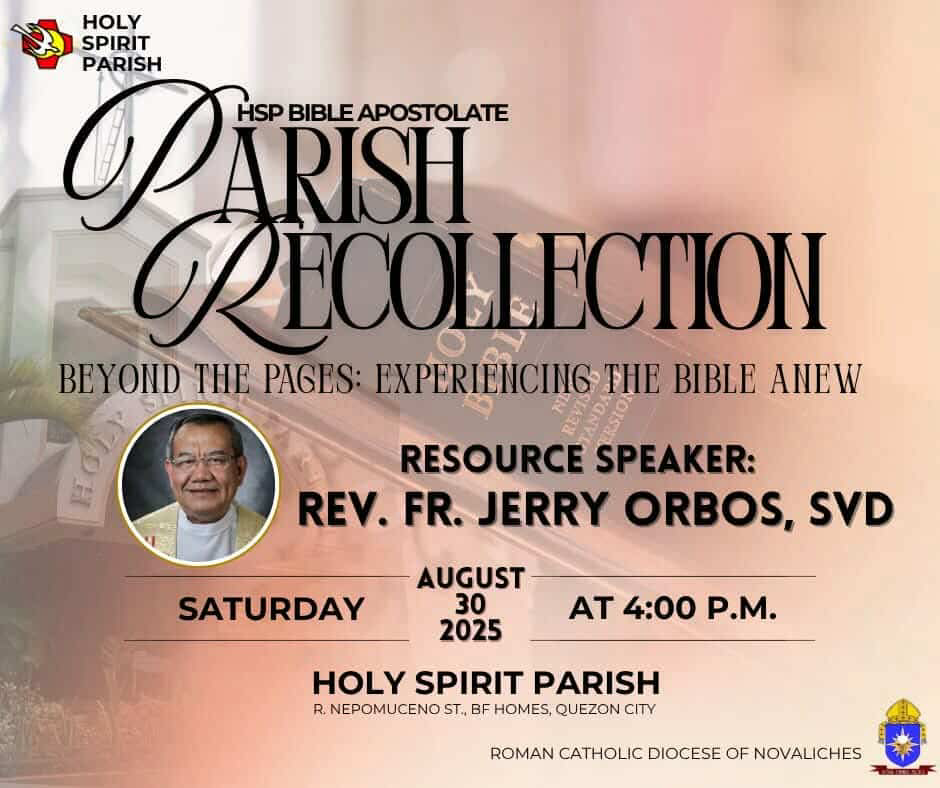Gospel: Lk 10:17-24 –
The seventy-two disciples returned full of joy. They said, “Lord, even the demons obeyed us when we called on your name.” Then Jesus replied, “I saw Satan fall like lightning from heaven. You see, I have given you authority to trample on snakes and scorpions and to overcome all the power of the Enemy, so that nothing will harm you. Nevertheless, don’t rejoice because the evil spirits submit to you; rejoice, rather, that your names are written in heaven.”
At that time, Jesus was filled with the joy of the Holy Spirit, and said, “I praise you, Father, Lord of heaven and earth, for you have hidden these things from the wise and learned, and made them known to little ones. Yes, Father, such has been your gracious will. I have been given all things by my Father, so that no one knows the Son except the Father, and no one knows the Father except the Son, and he to whom the Son chooses to reveal him.”
Then Jesus turned to his disciples and said to them privately, “Fortunate are you to see what you see, for I tell you, that many prophets and kings would have liked to see what you see, but did not see it; and to hear what you hear, but did not hear it.”REFLECTION:
A Doctor of the Church is a person of great sanctity (only canonized saints receive this title), of eminent learning and who have been proclaimed Doctor of the Church by a Pope. There are 35 Doctors of the Church, 31 men and 4 women. The women are Teresa of Avila, Catherine of Siena (both proclaimed by Pope Paul VI in 1970), Hildegard of Bingen, proclaimed in 2012 by Pope Benedict XVI and today’s saint, proclaimed in 1997 by Pope John Paul II. Let us take note that it took almost 2,000 years for men (Popes) to admit that some women could be geniuses, too…
However, the genius of Therese of Lisieux manifested itself in a rather strange way, in comparison with her three women fellow Doctors. These wrote formal treatises on the spiritual life. But Therese never wrote anything of that sort. Instead she wrote her memoirs in the form of letters to her two Carmelite sisters and her Superior. The language of these memoirs is in the style of the times, coy and sugary, but the doctrine they contain is a fresh and vigorous restatement of Christ’s teaching on the need to become little children—what Therese called her “Little Way,” which is a whole attitude of the soul, the basis of an entire relationship with God.
2014 Copyright. Claretian Communications Foundation Inc








